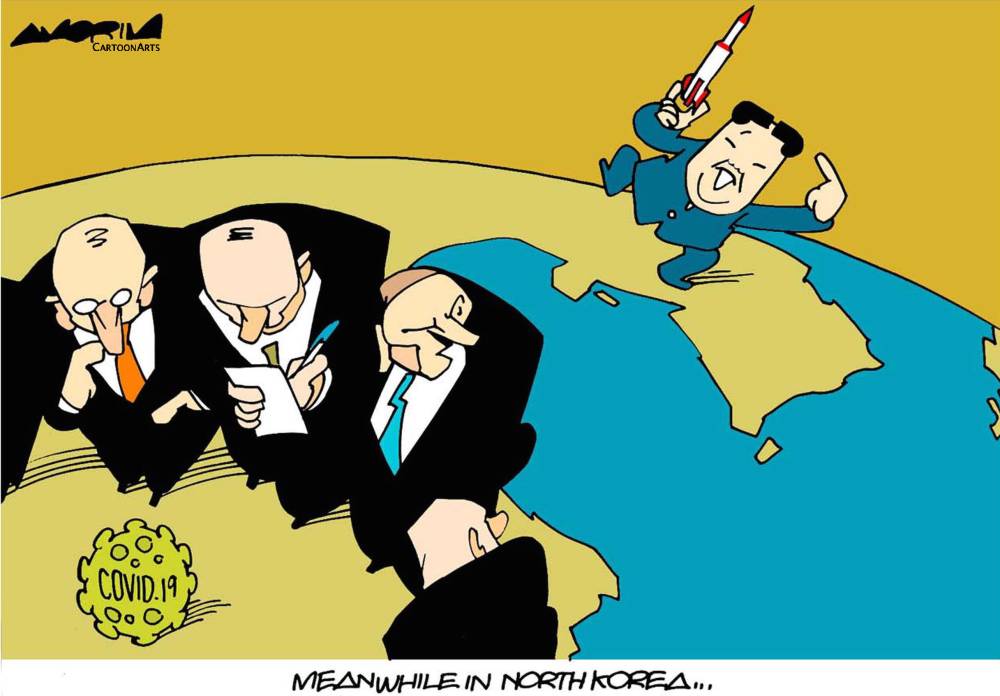Several times last month North Korea launched a handful of short-range ballistic missiles in defiance of the international community. Each time was barely a blip in a news cycle dominated by the global pandemic, but it serves as a reminder that North Korean belligerence is alive and well, and that 2020 likely has not seen the extent of the bag of tricks meant to draw the attention of the global community and to earn cash for the endlessly destitute regime.
In 2017, I argued that Pyongyang was proving that cybercrime pays when you have nothing to lose, and outlined how Kim Jong Un, who rules over a country that still experiences rolling blackouts and chronic oil shortages, has utilized the country’s best and brightest and developed a world class hacker army. Their successes include the WannaCry ransomware attack in 2017 that crippled hundreds of thousands of computers in more than 150 countries, and the cyberheist of Bangladesh’s central bank that netted more than $80 million.
If trends continue — and nothing suggests that Kim would deviate from such lucrative methods — expect North Korean hackers to go after critical infrastructure throughout Asia, particularly as new and vulnerable technologies are introduced to the region.



